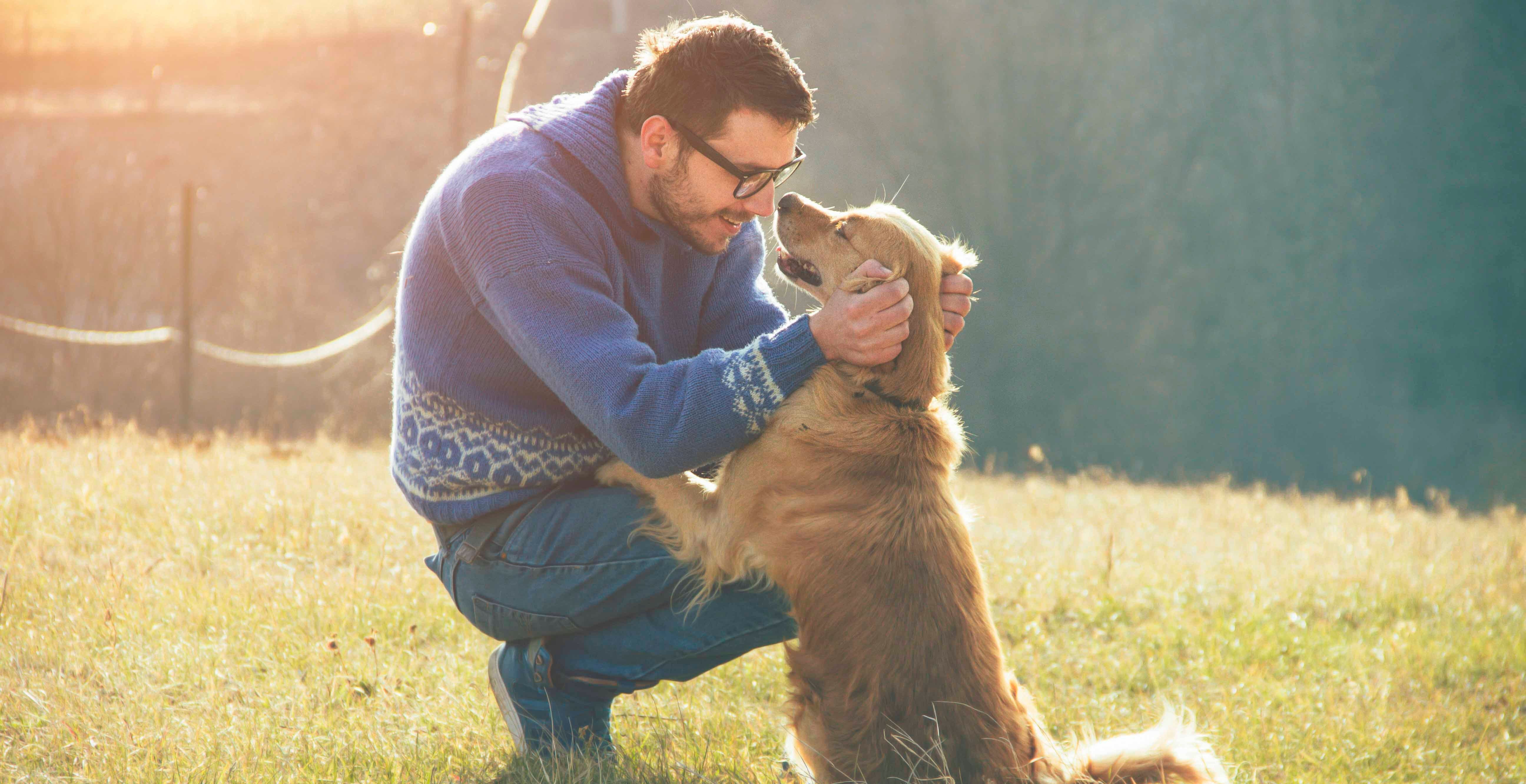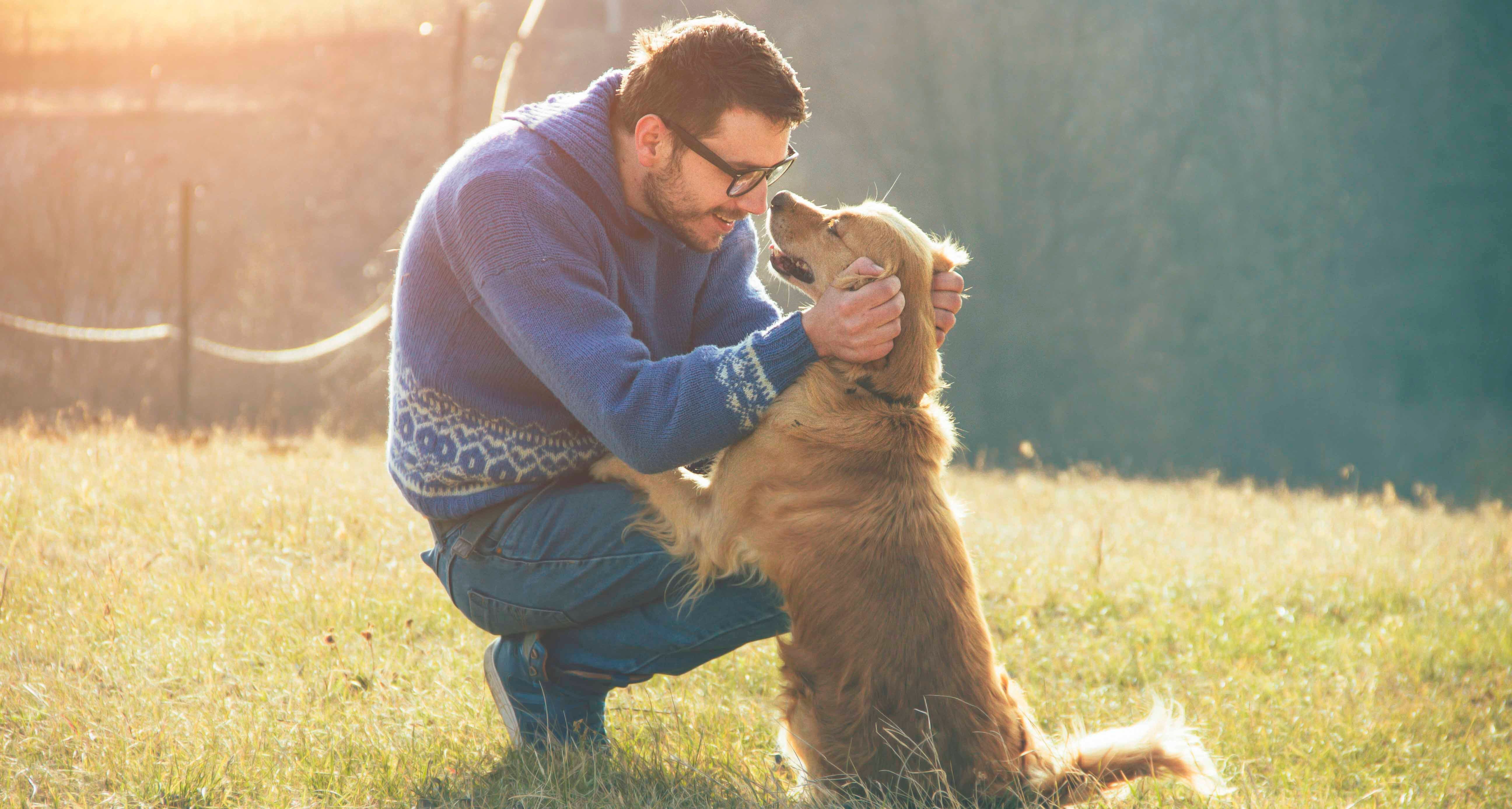Fur-babies for the Win


Pet owners have been saying it for years – having a pet is good for you. But is this anecdotal evidence true? Here’s what we found.
A Harvard Health article asserted that dogs, in particular, were linked to reduced stress, loneliness prevention, and better physical activity levels. “In one study of more than 5,200 Japanese adults, dog owners were 54 per cent more likely to get the recommended physical activity than non-owners,” the article states.
In fact, according to the Centers for Disease Control and Prevention (CDC), “Studies have shown that the bond between people and their pets can increase fitness, lower stress, and bring happiness to their owners.”
Some of the health benefits of having a pet, as stated by the CDC, include:
- Decreased blood pressure
- Decreased cholesterol levels
- Decreased triglyceride levels
- Decreased feelings of loneliness
- Increased opportunities for exercise and outdoor activities
- Increased opportunities for socialization
Certified Dog/Cat Behaviorist and Trainer and CEO of Fun PawCare Russell Hartstein offers his insight as to how pets can positively impact our health and overall lives.
“[Caring for a pet] connects a person with nature, gets us outdoors, and [gets us] exercising,” Hartstein says.
The positive effects of having pets spill over into other areas of our lives, too. Pets can also help us stay present and can help us develop and experience altruism and compassion, he adds.
Having a pet also gives us the chance to be a parent for another being, Hartstein explains.
Julia Rohan, owner of Rover-Time Dog Walking & Pet Sitting in Chicago and a “pet parent” herself, sees major benefits for those who have pets, particularly couples, who want to have children.
“A lot of newly partnered couples bring home a dog to ‘become parents’ to groom themselves for real parenthood,” she says.
Parallel scenarios between raising a puppy and raising a child include potty training, teething, grooming, sleep deprivation, and the fact that both dogs and infants can’t talk to communicate their needs.
Veterinarian Dr. Mary Gardner believes there are a number of lessons we can learn from our pets to help us live our best lives.
Don’t sweat the small stuff
“Companion animals mostly care about food, love, and shelter (not always in that order). As long as they have those things, they don’t need much else,” says Gardner, co-founder of the United States-based Lap of Love Veterinary Hospice.
Make the most of each day
“They aren’t worried if their collar is prettier than the neighbour’s collar. … They live each day to the fullest and if that means spending it relaxing in the sun, then they will do just that.”
Be present
“They don’t dwell on the past. They also don’t worry about the future,” Gardner says. “And most importantly, they love unconditionally.”
